Sleepwalking Land (1999) by Mia Cuto, Mozambique
A boy and an old man are survivors in a post-apocalyptic, war-ravaged town. They stumble upon a burned-out bus and decide to make it home. While clearing out the corpses trapped and burned in the bus, they find a journal kept by one of the dead passengers, named Kindzu, who was on a quest in search of a messianic band of warriors. The journal chronicles his journey up until he dies. Nightly reading of this journal transports the old man and the boy into alternate realities and parallel spaces. The story about the old man, the boy, and their life in and around the bus begins go blend into Kindzu’s magical journey. If you like stories crowded with ghosts and strange creatures or stories where time does weird things like fold into itself and space is embedded with other parallel spaces, this is the book for you.
My Life in the Bush of Ghosts (1954) by Amos Tutuola, Nigeria
On the run from a band of slave raiders, a little boy enters a mysterious forest. For the next 24 years, he’ll search for the way back home without much success, partly because what he imagines to be an ordinary patch of forest next to his hometown is actually the Bush of Ghosts, a parallel world tucked between the human world and the sphere of the gods. In his 24-year stay in the Bush of Ghosts he has the craziest experience. At some point, he is transformed into a cow and sold into slavery. His very disturbing encounter with Reverend Devil who attempted to baptize him with fire is pretty epic. All he does in the 9th Town of Ghost is eat raw meat and get high on weed. In the Nameless Town, he hangs out with a bunch of bearded lesbians and even marries one of them. The story of his eventual escape from the Bush is no less crazy. Let’s just say it involves a very complicated teleporting technology. A word of warning: with Amos Tutuola, there’s no reality check whatsoever, so if you get hooked, there’s no way to guarantee that you’ll come out sane.
Of Beasts and Beings (2011) by Ian Holding, Zimbabwe
It’s the day after some kind of Armageddon in an unnamed African country. There are charred bodies everywhere, burnt buildings, deserted towns and motorways, and pitch blackness at night. While foraging for food, a man, who is unnamed and presumably white, is caught by militia-men and sold to an old cannibal. He is later stolen from the cannibal by two black teenage boys. Like a beast of burden, he is made to pull a wheelbarrow containing a pregnant woman while being starved of food, water, rest, and companionship. Here is what is deeply unsettling—the fact that the story is told from the perspective of this human captive reduced to the status of an animal. The worst part of reading the novel is an intense claustrophobia you’ll feel on account of the character. You’ll feel the characters frustration and the sheer terror of feeling trapped in the body of an animal.
Dust (2014) by Yvonne Owuor, Kenya
The drama in this story is played out among a dead man, his sister—also a troubled artist—his father who is burdened by an unspeakable secret, his mother tottering on the edge of madness, and a mysterious English man searching for his past. The novel is not magical in any overt sense. It is just so intense. The story never recovers from the shock of the opening scene of death—a man is gunned down in a Nairobi street. From the moment he dies and his body arrives at his father’s country house in a distant cattle-herding community, the story becomes an exploration of the disorienting experience of grief intensified by guilt and layers of unanswered questions. Characters slip in and out of reflections on death, memory, and life. The plot is choppy, but that’s because it is made up of broken bits of memories, secrets, and montages of scenes floating across two time frames—1960s Kenya and the present day.
The Famished Road (1991) by Ben Okri, Nigeria
Azaro has died far too many times than he cares to count. Dying is his stock-in-trade. Most people mistake him for a child, but those who know the devious ways of the spirit beings called Abiku understand that he is an ageless being who is born into the human world just so that he can die after a few years. His death brings him back to the sprit world he calls home though not for long. Soon after, he chooses another unfortunate woman’s uterus, is born into the human world only to die yet again. This endless cycle of death and rebirth is Azaro’s life until he gets sick of it and decides to stay in the human world. His refusal to die and return to his companions in the spirit world dooms him to a life of bodily and mental torture. Reality is constantly being interrupted by dream and hallucination.
Image by Faber Books via Flickr.


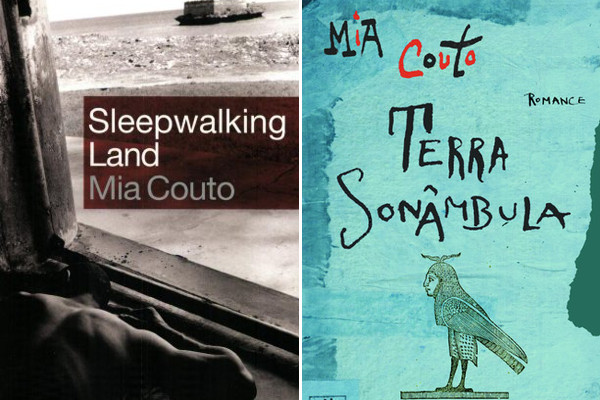
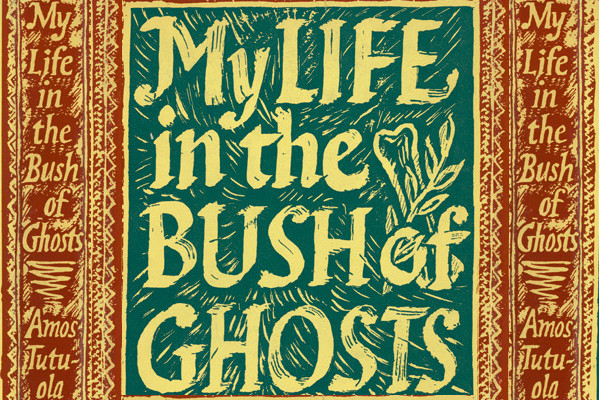
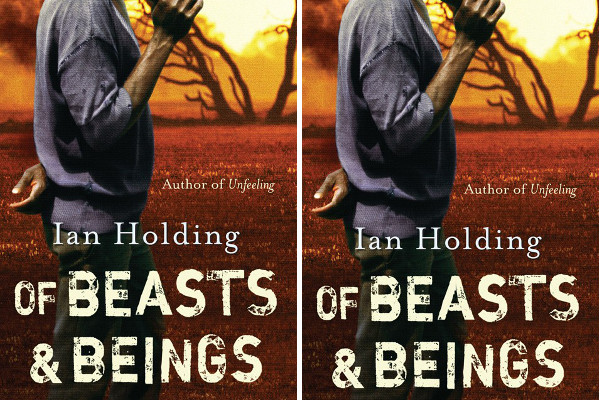
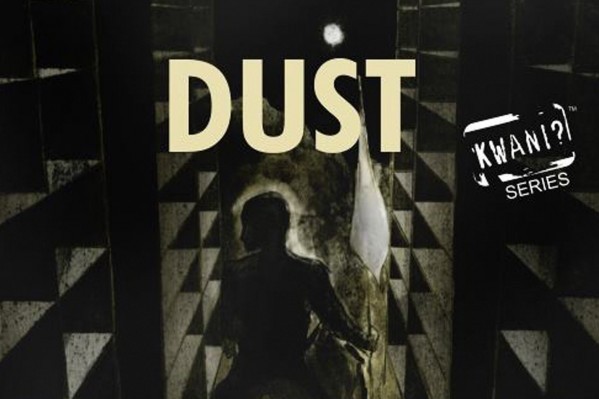
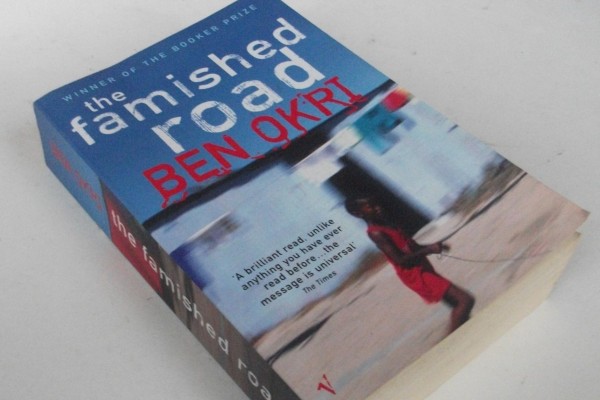







five mend-binding and mood-altering | semper aliquid novi africam adferre February 14, 2015 08:54
[…] Brittle takes us on a shortlist of mend-bending and mood-altering books. A nice varied selection. Old and new, from different […]